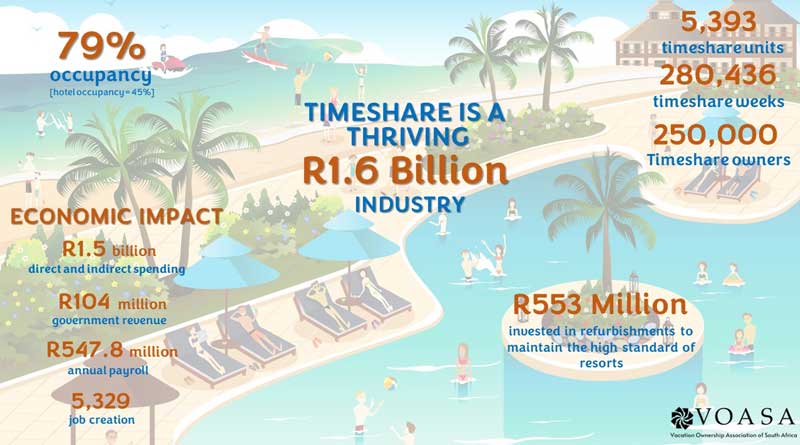Global Timeshare Industry Celebrates Continued Growth
An Introduction to South Africa’s Resilient Timeshare Industry
With leisure travel on the rise globally since the pandemic, the vacation ownership industry continues to remain a booming business, not only in the United States, but also at about 5,700 resorts in 180 countries around the world, including South Africa. The success of the South African timeshare industry is not only a story of resilience post-COVID, but also reflects impressive strength against the backdrop of a country undergoing massive reform. Despite dramatic changes in their economic and political climate, the timeshare sector in SA has remained highly resilient and diversified, key attributes that helped fuel the recovery of their industry.
The road to recovery, however, was not without bumps in the road. Instead of 2023 being a year to take a breath after the pandemic, South African resorts found themselves back at the drawing boards to navigate mass power outages. Unscheduled and unrestricted instances of load shedding (the interruption of electricity supply) significantly disrupted resort operations and eroded budgets in an attempt to cushion the impact of these unforeseen expenses.
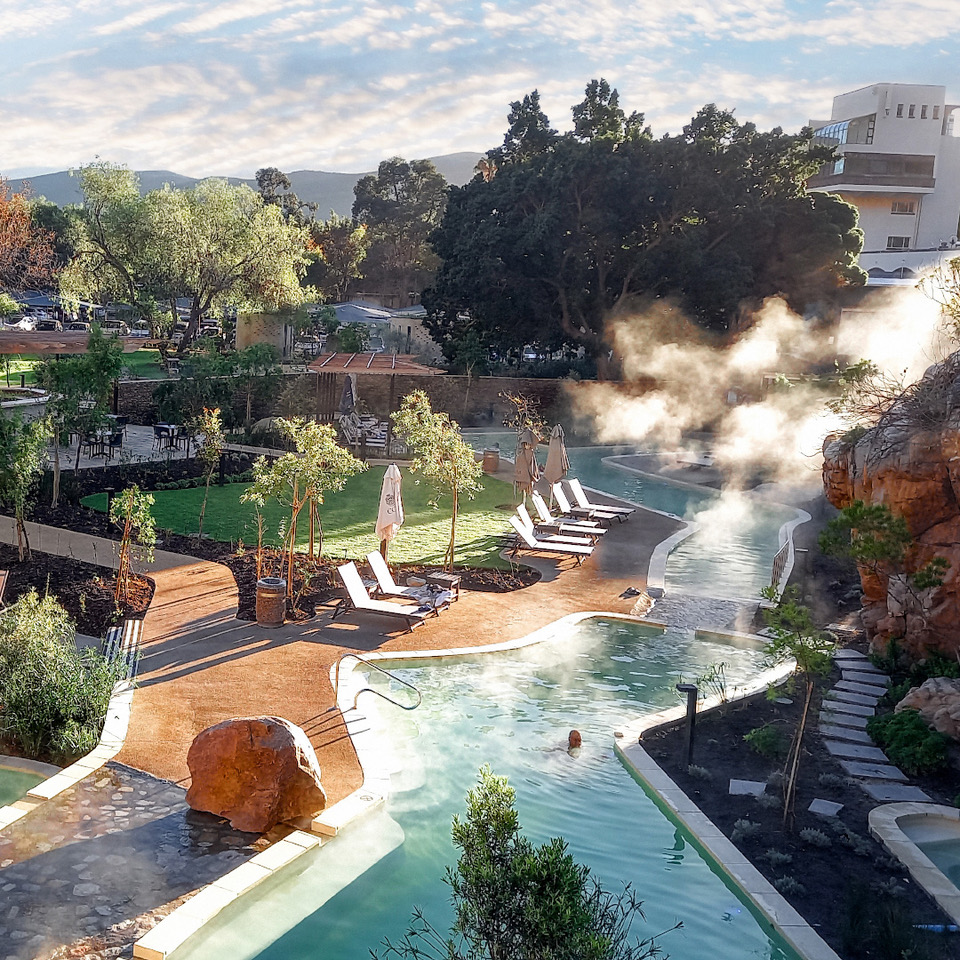
VOASA Overcomes Challenges
Lee Greyling is the General Manager of the Vacation Ownership Association of South Africa ( VOASA). Her journey with the association began in 2017, around the time VOASA was lobbying the government to shield its member businesses from the adverse effects of impending legislative reforms, reminiscent of challenges encountered in the European and Australian timeshare sectors.
Recalled Lee, “The past few years have been marked by constant and rapid change for the South African industry – from legislative reform in 2018 to a global pandemic in 2020, followed by a national energy crisis in 2022 impacting every aspect of industry operations and consumer spending. This was further compounded by devasting torrential flooding that not only resulted in a severe lack of municipal services, but also the closure of the country’s flagship beaches”.
Despite adversity, timeshare owners in South Africa continue to want to holiday. In an interview with Moneyweb on the developments at SA’s largest hotel group in the face of the pandemic, Southern Sun Hotels CEO, Marcel von Aulock, said that the Group’s timeshare resorts were full the minute the restrictions were lifted. “People use their timeshare. They want to be there,” he said. This is similar to reactions from other countries after the pandemic.
The recently released Vacation Ownership Industry Study: Timeshare Resorts [2023 Edition] by VOASA highlights the resilience of the South African market, showcasing through estimates of key metrics for 2022, how its resorts continuously adjust strategies to navigate turbulent times.
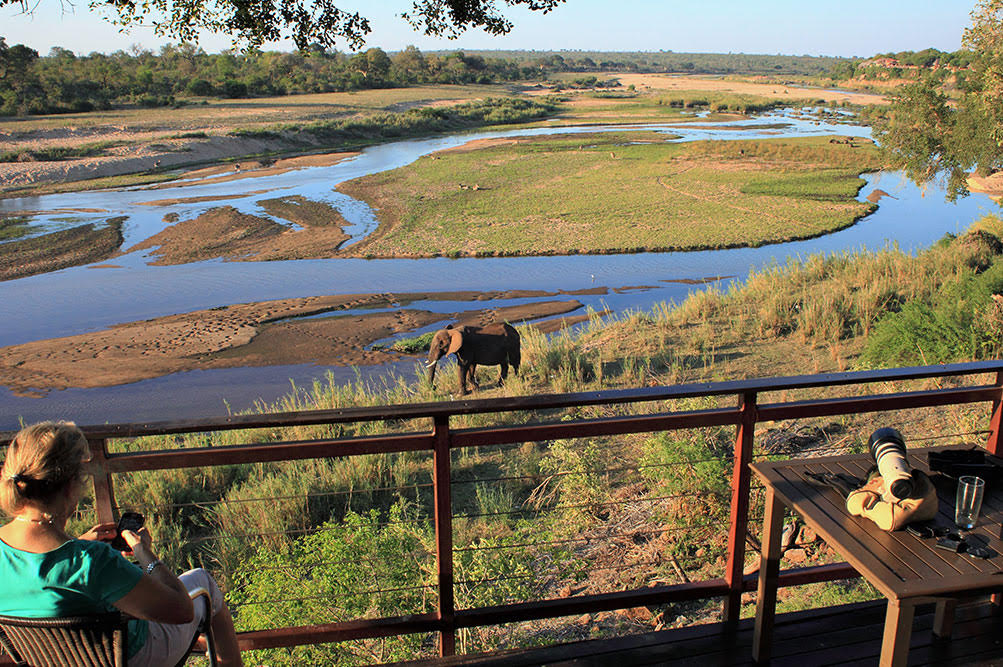
Fueling Domestic Tourism
For decades, South African timeshare has been a key driver of domestic tourism by providing quality holidays for over 250,000 families each year. The first resorts were developed in the early 1980s. Today, the industry boasts more than 5,393 accommodation units, providing 280,436 timeshare weeks and 27,540 daily bed nights – making it a significant contributor to the nation’s economic and social fabric. The impact of the SA timeshare industry , however, extends far beyond tourism.
Related: Inheriting a Timeshare: The Generational Shift
One of the key findings of VOASA’s industry report was that 98% of the resorts are actively engaged in projects and initiatives aimed at fostering a lasting positive impact on the environment and neighboring disadvantaged communities. By attracting hundreds of thousands of families to its resorts each year, the industry generates substantial revenue streams that ripple through local and rural economies.
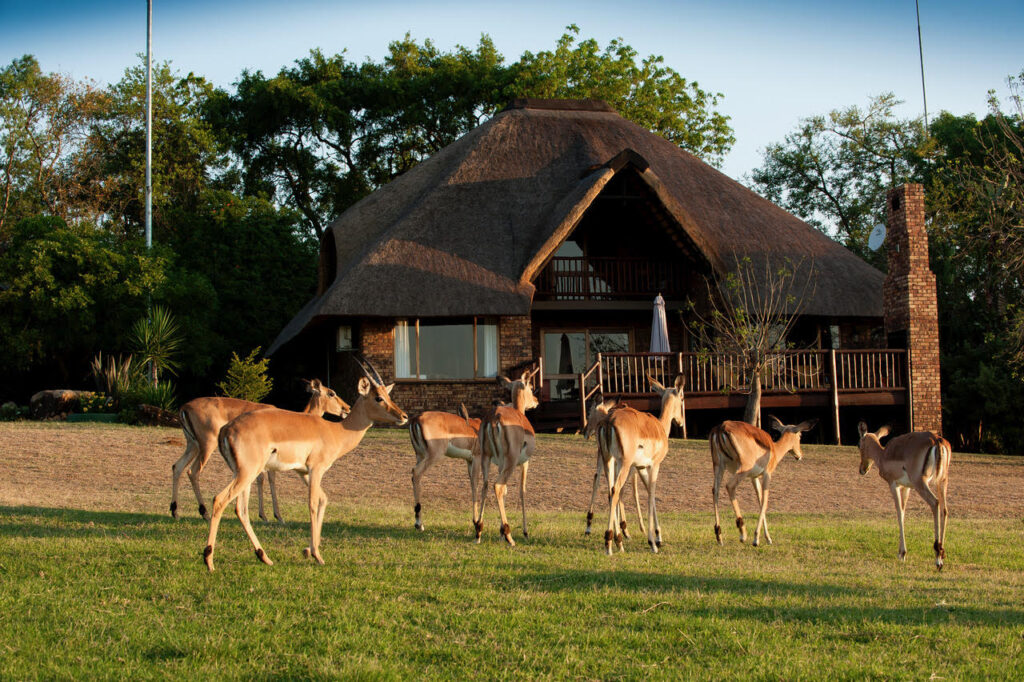
Resort Dynamics
In a county with a population of roughly 62 million, South Africa is host to over one-hundred timeshare resorts spread across its nine provinces. These resorts are staffed by over 5,300 hospitality professionals who cater to more than 250,000 owners, and together generate around $85,245,673 in annual revenue with a rental pool of $9,832,571, with a portion of this used to pay levies, or maintenance fees.
- Operational costs amount to around $79,211,097, averaging $278 per week. Resorts absorbed an unforeseen cost of around $1,679,168 on diesel to run generators during loadshedding, when electric supply was disrupted. The average levy is about $303 per week and is largely subject to inflated municipal rates and taxes as a result of the energy crisis and subsequent infrastructure issues.
- About 91% of the resorts are part of a development group with more than ten resorts, such as Southern Sun Resorts and Legacy Hotels & Resorts. Over 49% of the resorts exclusively offer timeshare accommodations with the balance offering mixed-use products. Only 9% of the resorts are self-managed, with the balance employing the services of a management company.
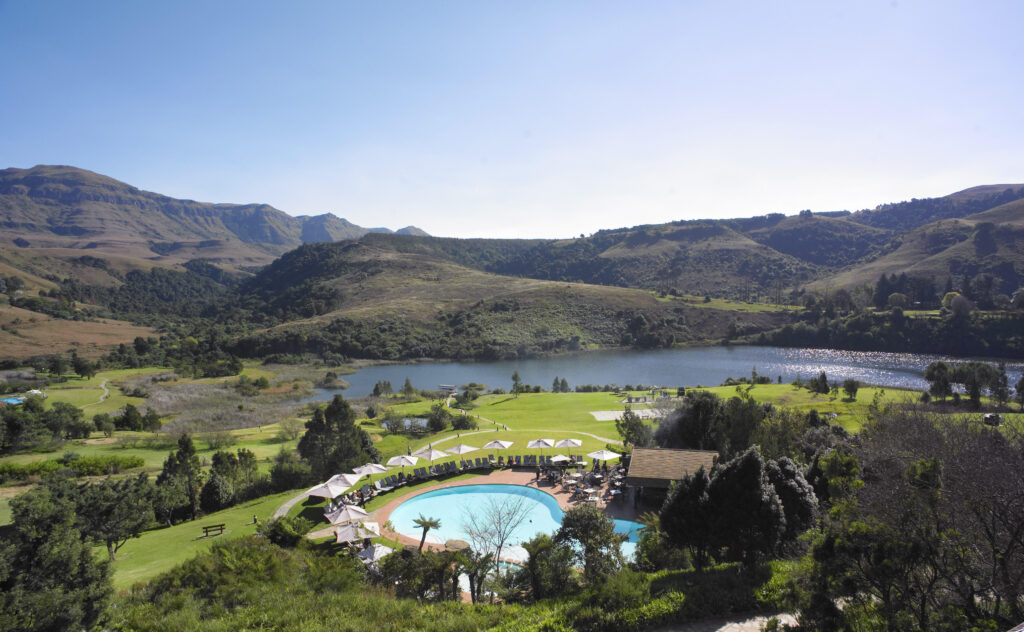
Occupancy & Rentals
The average occupancy at 79% is consistently high across all resort types, surpassing hotel averages (around 45%). Impressively, 22% of the resorts reported occupancies exceeding 90%. Of the resort users, 61% were the owners themselves. About 35% of the surveyed resorts do not offer a rental program. Those that do utilize both direct and indirect rental booking platforms and 31% manage bookings directly via a central reservation system or the resort website. Online travel agencies (OTAs) and partnerships with web-driven sharing entities and social media were identified as the primary sources of third-party distribution for resort inventory.
Employment
Around 5,329 people are employed by SA timeshare resorts with annual payroll of $28,814,451, which in turn supports the livelihoods of an additional 18,630 people. Sixty-three percent of them are directly employed, and 37% benefit indirectly, contributing to the local communities by creating job opportunities in areas such as resort day spas, restaurants, and safari guiding. Many resorts are situated in remote and rural areas characterised by limited economic opportunities and high unemployment rates. During timeshare stays, timeshare owners and guests spend an average of $270 per trip in the local area, contributing to an estimated $52,470,797 per annum in local communities.
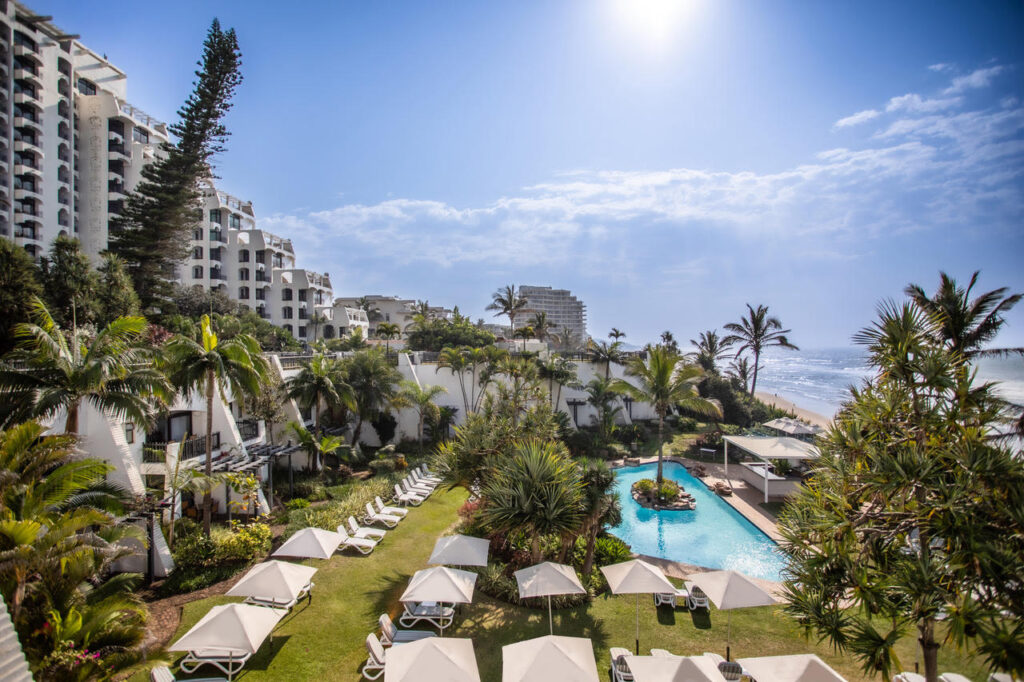
High-Standards
Collectively, a sum of $29,101,340 – accounting for 37% of the total operating cost – was invested in refurbishments and maintenance aimed at upholding quality standards, enhancing competitiveness in the market, and preserving the value and appeal to timeshare owners, effectively utilizing their maintenance fees, or levies. These consistent high standards are reflected in the fact that 99% of these resorts hold industry-recognized gradings, such as RCI and the Tourism Grading Council of South Africa which is the only officially recognized quality assurance body for tourism products in South Africa. Among the resorts surveyed, the majority (69%) hold either a Gold or Silver Crown RCI grading.
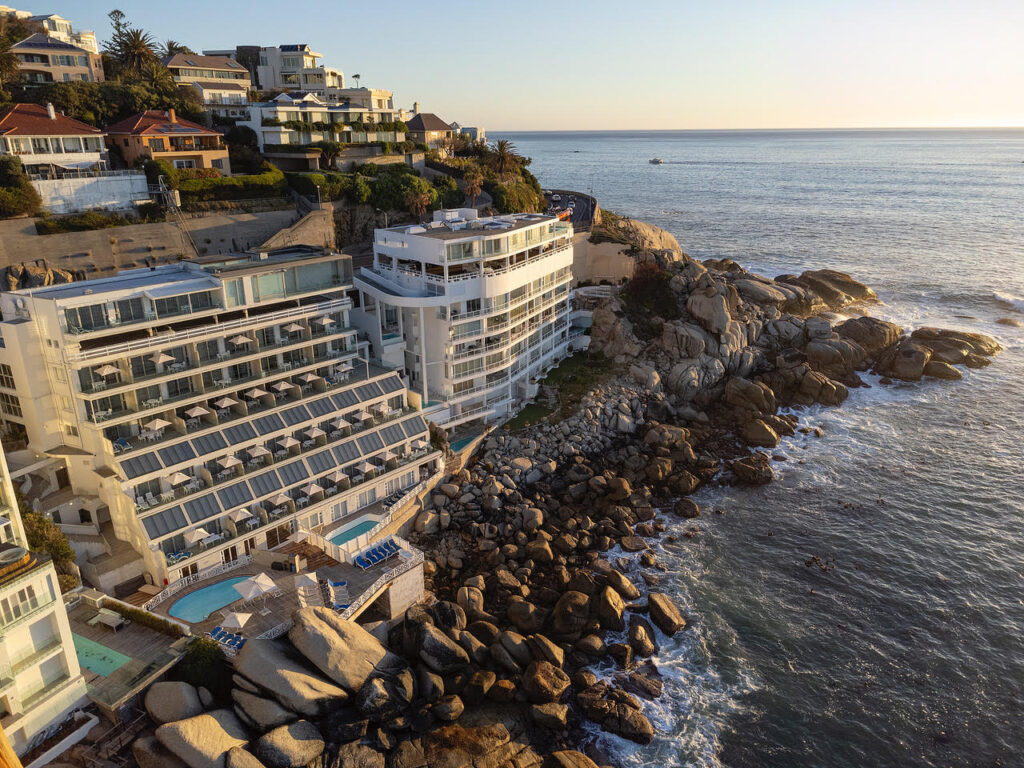
Unique Locations
The location of timeshare resorts in South Africa parallels those found in other parts of the world, namely their positioning in areas of high natural amenities. In the South African context this has meant clustering resorts in coastal beach areas and attractive mountain locations, as well as in areas providing opportunities to experience the African bush and safari expeditions.
Beach resorts account for a little more than half the industry (55%) and are typically the largest resorts followed by bush resorts (23%) and mountain resorts (12%) with the balance comprising golf resorts, urban resorts and resorts located in areas of natural beauty such as the Karoo semi-desert region – akin to North America’s Chihuahan Desert or the Australian Outback.
The KwaZulu-Natal Province hosts the highest number of resorts, accounting for around 46% of all timeshare accommodations in the country followed by the Western Cape Province which is home to 20% of the resorts. Resorts targeting safari and bush experiences are primarily situated near the Kruger National Park in the Mpumalanga Province (13%) and in the Pilanesberg Nature Reserve in the North West Province (5%).
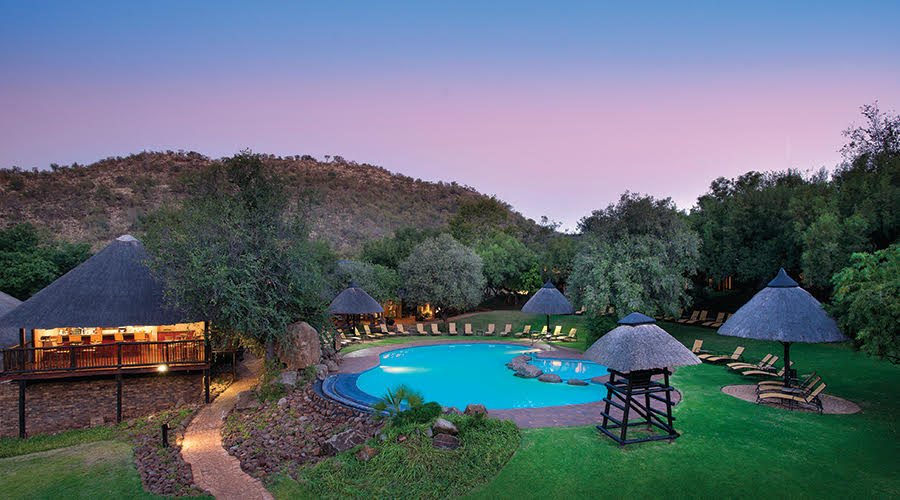
Embracing The Disruption
VOASA’s Chairman, John Lee, asserts, “South Africa’s timeshare industry has consistently demonstrated innovation and adaptability, embracing a forward-looking approach that acknowledges challenges like load shedding as inherent to the timeshare experience in South Africa. The advantage timeshare holds over traditional holiday accommodations lies in the plethora of activities available at resorts that do not rely on electricity. These include close proximity to beaches and ‘off-the-grid’ pursuits such as nature trails, cycling, horseback riding, golf, game drives, and daily entertainment programs. I believe our capacity for creativity and adaptability will continue to be instrumental in navigating future shocks or opportunities.”
VOASA
Established in 1990, the Vacation Ownership Association of South Africa (VOASA) is the self-regulatory industry association for timeshare in South Africa. It’s member base represents around 70% of South African timeshare weeks and comprises developers, exchange organizations, clubs, body corporates and share blocks, management companies, sales brokers and industry vendors. VOASA is also a member of the Global Alliance for Timeshare Excellence (GATE), a global alliance of timeshare associations created by ARDA and representing industry organizations from Brazil, Asia Pacific, Australia, Canada, Europe, Mexico, South Africa, and the USA. Other timeshare trade associations are also located in India, Aruba, and the British Virgin Islands.

